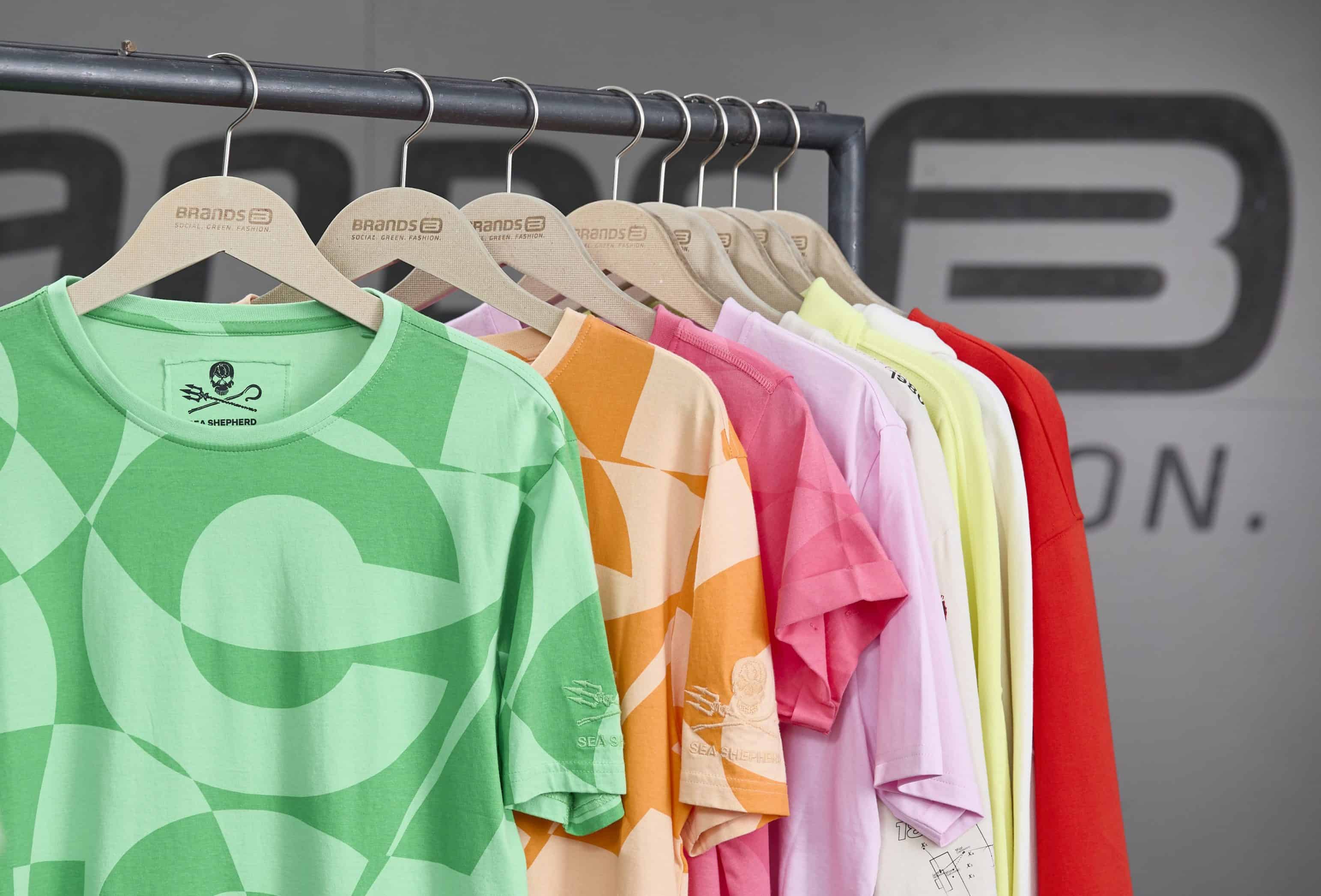
Naturally sustainable
As an internationally active company, BRANDS Fashion bears responsibility in a resource-intensive industry.
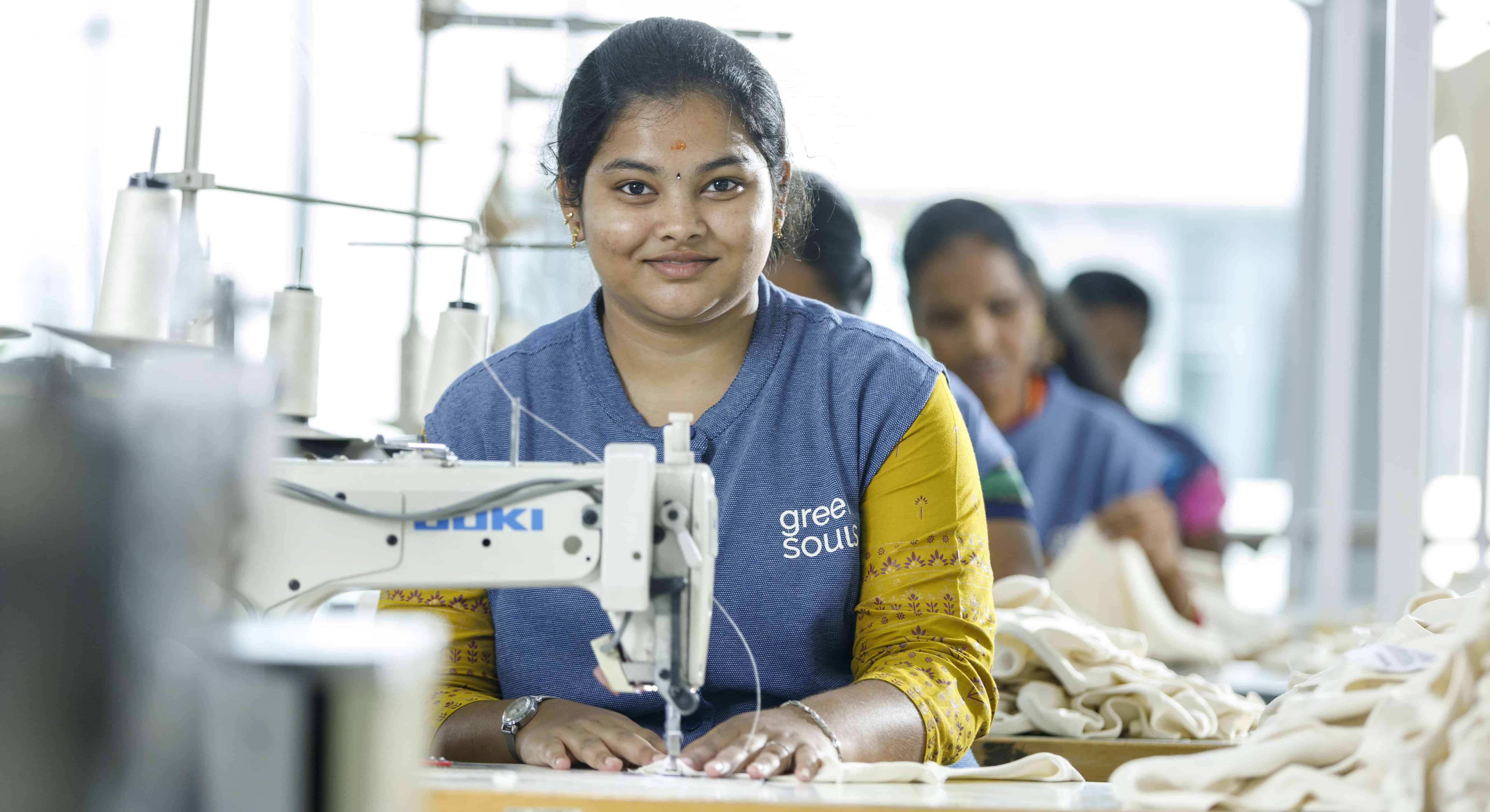
Corporate responsibility
We base our actions on international standards such as the UN Guiding Principles on Business and Human Rights, the ILO Core Labor Standards, and the OECD Guidelines. Through our core business and our support for social and environmental projects, we contribute to the United Nations Sustainable Development Goals.
Materials & Products
We rely on high-quality, durable materials from sustainable sources. From certified organic and Fairtrade-certified cotton to recycled polyester and innovative performance materials. In product development, we combine quality and sustainability in line with the intended use, including sustainable packaging concepts.
As a clothing manufacturer, we are part of the problem of increasing textile waste, but we also want to be part of the solution. That’s why we see worn-out clothing or cutting waste from our production, for example, as a resource that we can give a second life.
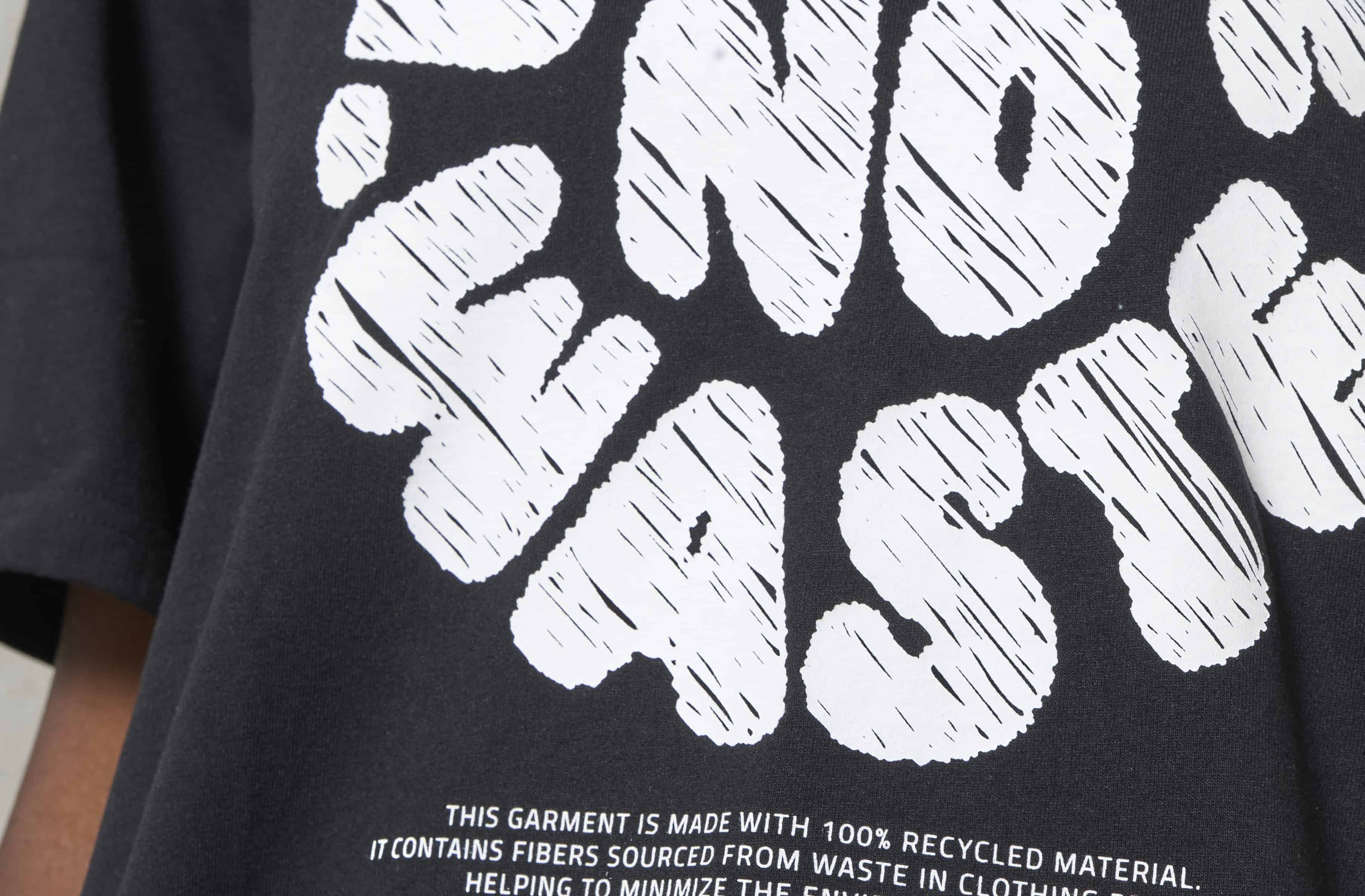
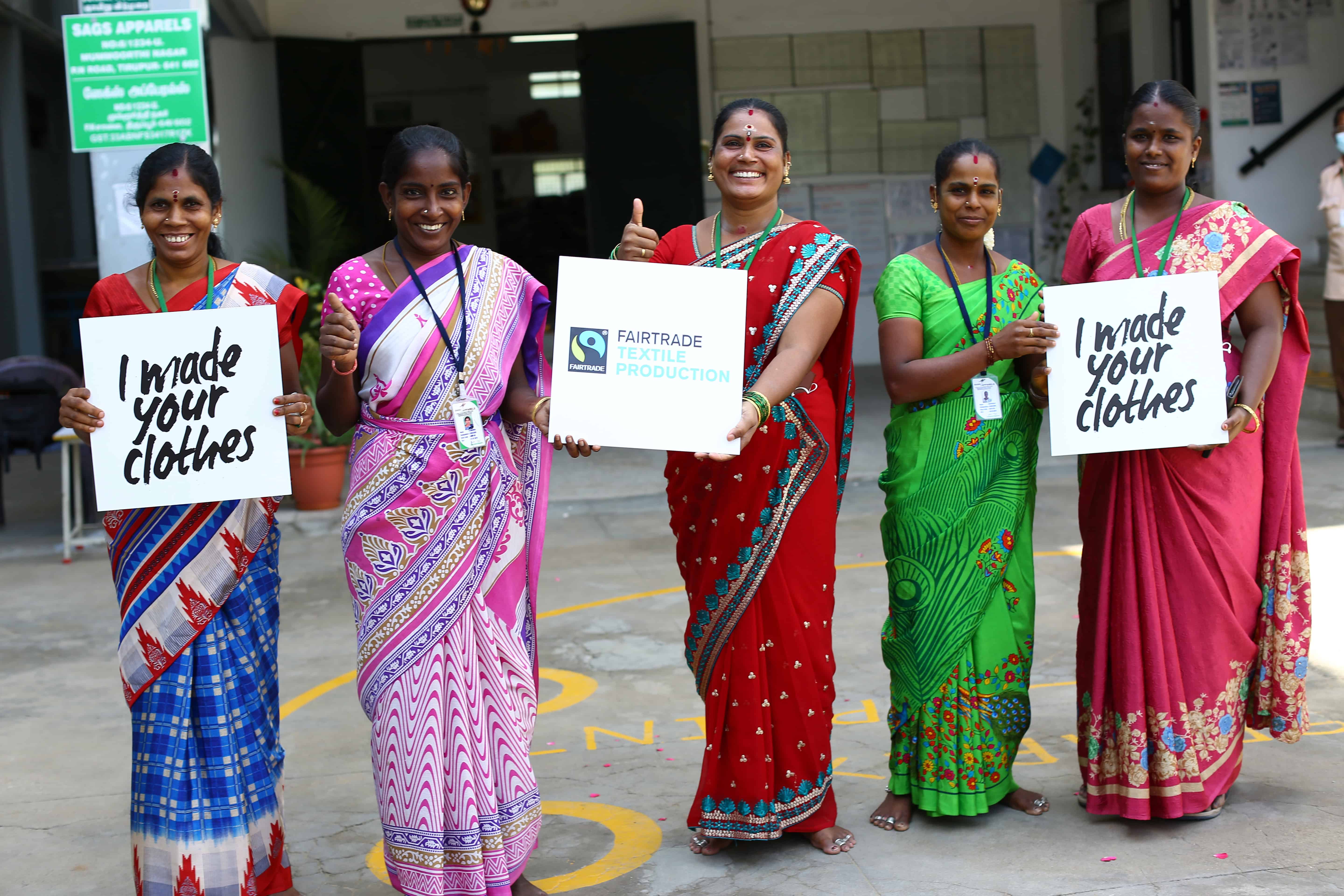
Initiatives & Standards
You never walk alone. We are committed to a more sustainable textile industry through selected initiatives. With the Fairtrade Textile Standard, we go beyond the usual requirements: we are committed to living wages and strengthening the rights of workers in our supply chains.
The gallery below shows our memberships and certifications.
Partners & Supply Chains
We maintain long-term relationships with suppliers in Bangladesh, India, Pakistan, China, and Turkey. The basis of every collaboration is compliance with social and environmental standards, which we review regularly. We accompany necessary corrective measures and support our partners in their implementation. Our transparency tool TRACYCLE makes supply chains visible from raw materials to finished products.
With projects such as From Field to Fan Shop, we actively promote the cultivation of organic and Fairtrade cotton in India, are committed to improving working conditions and food safety, and create the necessary market access.

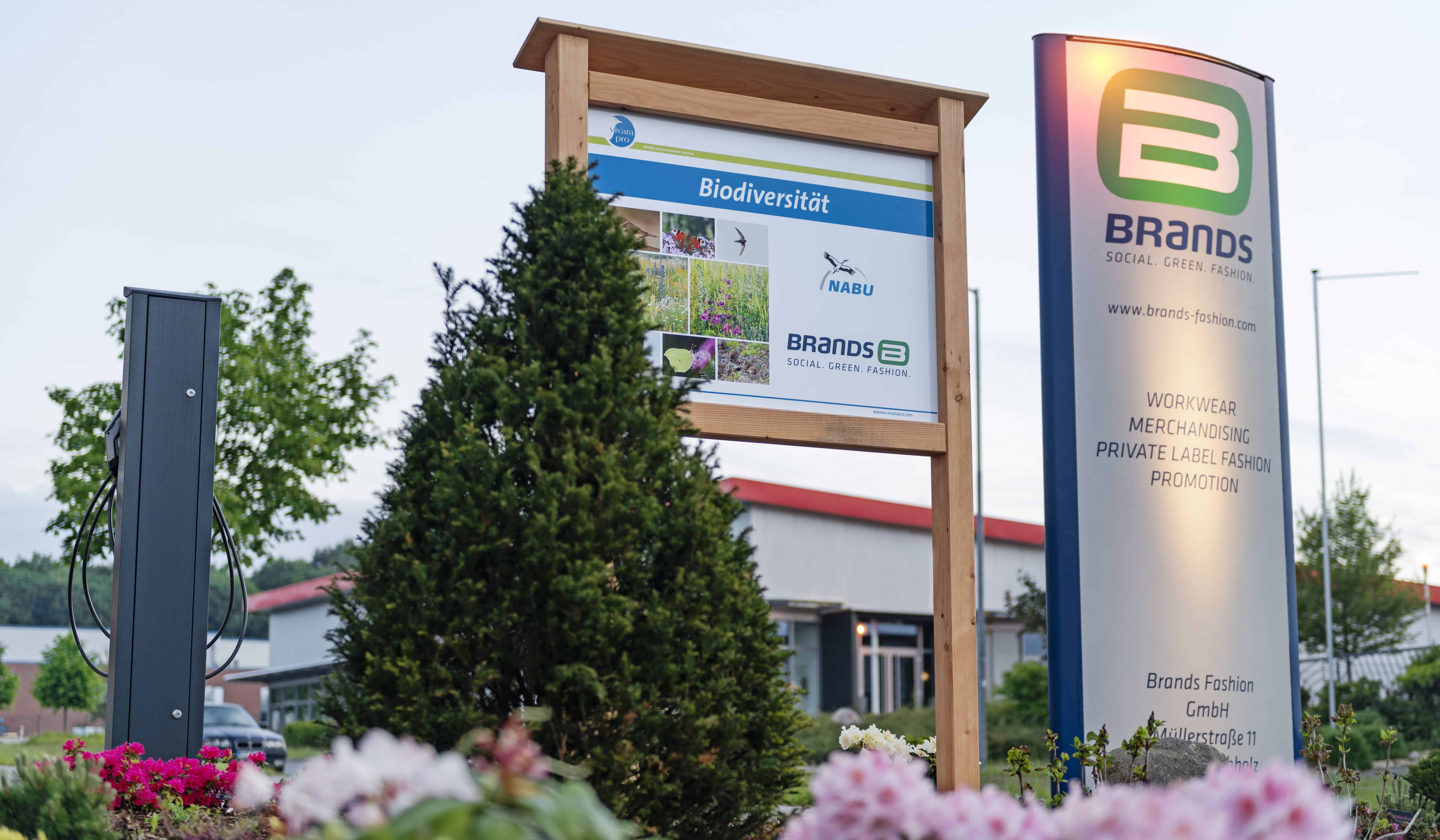
Team & Location
Sustainability begins in-house. At our location in Buchholz, we focus on occupational safety, health protection, and equal treatment of employees. Feedback and communication formats enable continuous development of our work culture. Through measures such as mobility management and CO2 reduction, ecological aspects are integrated into the daily work of all employees..
Forward-thinking circular economy at BRANDS Fashion
Sustainable, recyclable textiles for less waste and resource conservation – we accompany you into the future and support you in meeting legislative requirements.
With durable, recyclable textiles, you can help reduce emissions and conserve valuable resources. You will also meet the requirements of the Circular Economy Act and act in line with the Green Deal. We are happy to assist you in developing strategies that focus on sustainable and recyclable textiles.
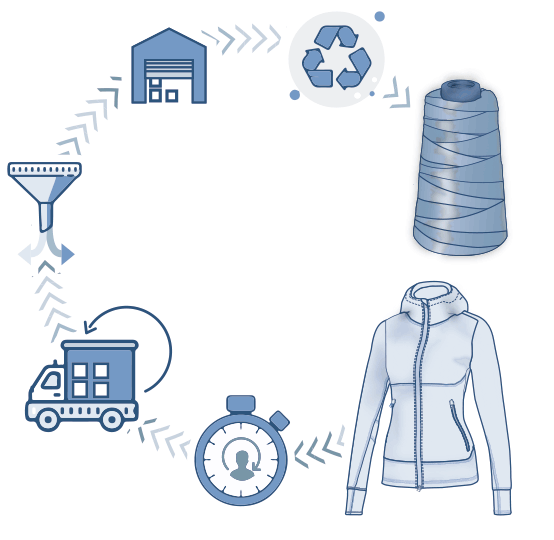
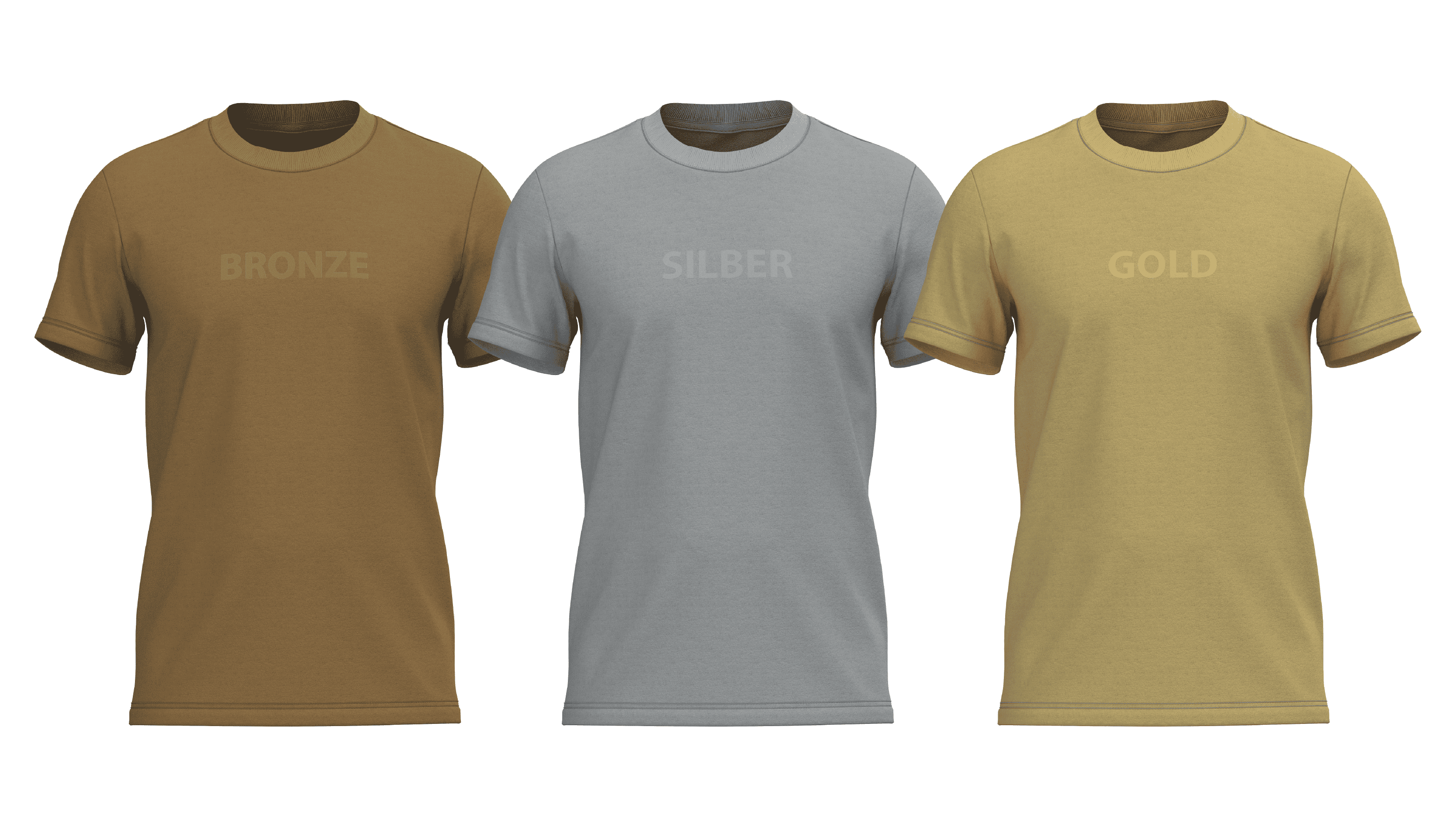
With the Bronze–Silver–Gold Compass, we support customers in implementing their individual sustainability strategies. The model is based on defined criteria in the categories of social standards, use of materials, product seals, transparency, and supply chain, allowing for classification into three levels: from basic sustainability requirements (bronze) to extended measures with a stronger focus on social and environmental responsibility (silver) to demanding criteria and comprehensive verification (gold).
Communication / Downloads

Certifications

1* The objectives of the Fairtrade Textile Standard are to implement living wages, empower workers, and improve workplace safety. The supply chain of BRANDS fashion products labeled as such is certified according to the textile standard. Continuous efforts are being made to implement living wages throughout the entire supply chain. For more information, visit fairtrade-deutschland.de/siegel.
Memberships & Initiatives

2* “We confirm that our parent company, Jebsen & Jessen GmbH & Co. KG, participates in the UN Global Compact, and we support the ten principles and the promotion of the Sustainable Development Goals and the broader goals of the United Nations. We reaffirm our full support for this initiative as part of our parent company’s commitment. We ourselves do not participate in any activities of the UN Global Compact or any Global Compact Country Network.”
